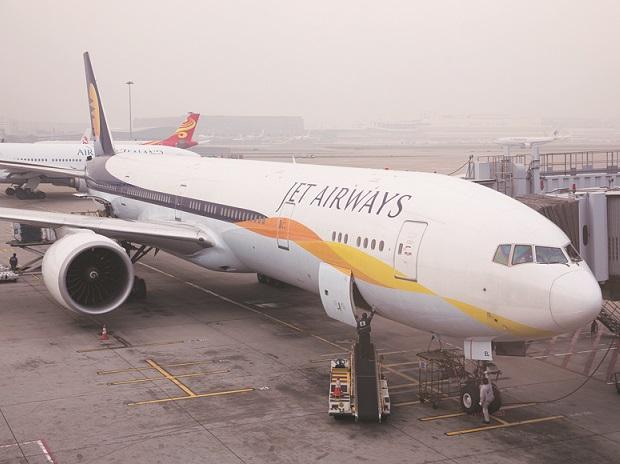
Companies News
Malaysian Prime Minister Mahathir Mohamad told reporters he's studying whether to sell, shut down or refinance Malaysia Airlines Bhd., the troubled national carrier. A decision needs to be made soon. In 2018, the perpetually money-losing airline accounted for about half of the $1.5 billion in losses suffered by its parent, Khazanah Nasional Bhd., Malaysia's sovereign wealth fund.On purely economic terms, Mahathir’s decision should be easy. In 2014, following the loss of planes and lives in the MH370 disappearance and the tragic downing of MH17 over Ukraine, Khazanah announced a restructuring intended to make the airline profitable by 2018. It’s failed for one central reason: Malaysia Airlines remains a state-owned flag carrier, slow-moving and burdened by political expectations. At a time when low-cost airlines offer a perfectly adequate and more competitive alternative, Malaysia isn’t the only country that should rethink whether it really needs a national airline.
The concept of a flag carrier dates back to the establishment in the mid-1940s of the International Civil Aviation Organization (ICAO), a United Nations regulator. Every nation was given the opportunity to operate international air services. Some countries, including the U.S., chose to let private companies do the flying. Others decided to establish, subsidize and protect flag carriers, even to the point of restricting competition on key routes.
Those airlines had goals other than profits. For decades, according to Brian Summers at Skift, "nearly every national airline within 12 hours of New York flew to John F. Kennedy Airport, or wanted to -- whether the flights lost money or not."

